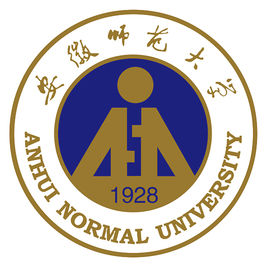虚拟语气用于条件状语从句
虚拟语气表示说话人的愿望、假设、猜测或建议,而不表示客观存在的事实。虚拟语气通过谓语动词的特殊形式来表示。
下面分别介绍虚拟语气在各种句式中的用法。
(一)虚拟语气用于条件状语从句
虚拟条件句谓语动词的构成形式:
条件状语从句主句
与现在事实相反
if + 主语 + 动词过去式
(be 动词一律用 were )
主语 + would ( 或 should )
+ 动词原形
与过去事实相反if +主语 + 动词过去完成式
主语 + would (或 should )
+ have + 过去分词
与将来事实相反
A:谓语用动词过去式
B:谓语用 were to + 动词原形
C:谓语用 should + 动词原形
A:主语 + would (或 should )
+ 动词原形
B:祈使句
注意:(1)、主句中的 should 通常用于第一人称, would 可用于任何人称,同时也可根据意思用情态动词 could, might.
(2)、“与将来事实相反”中的 B 式与 C 式之间的差别是“ were to + 动词原形”比“ should + 动词原形”所表示的
实现的可能性更小。
(3)、在与将来事实相反的句中,只有条件状语从句用 should 时主句才能用 B 式的祈使句。
1、表示与现在事实相反
If I were you , I should study English.
If he had time , he would attend the meeting.
2、表示与过去事实相反
If you had come yesterday , you would have met him.
3、表示与将来事实相反
If you came tomorrow , we would have the meeting.
If it were to\\should rain tomorrow , the meeting would be put off.
If it should rain , don\’t expect me.(可接祈使句)
4、if 的省略
当从句中有 were ,had ,should ,would 等放在主语前可构成疑问句的词时,可省略 if ,用倒装形式。 例如:
Had she more money , she would dress fashionably.
Had you been here earlier , you would have seen him.
Should there be a meeting tomorrow , I would come.
Were I in school again ,I would work harder.
1 本站一切资源不代表本站立场,并不代表本站赞同其观点和对其真实性负责。
2 本站一律禁止以任何方式发布或转载任何违法的相关信息,访客发现请向站长举报
3 本站资源大多存储在云盘,如发现链接失效,请联系我们第一时间更新。











暂无评论内容